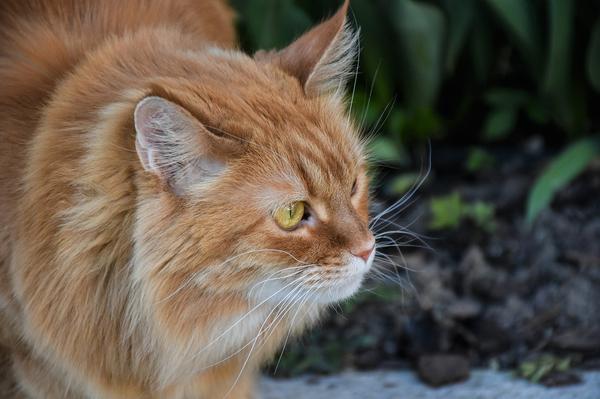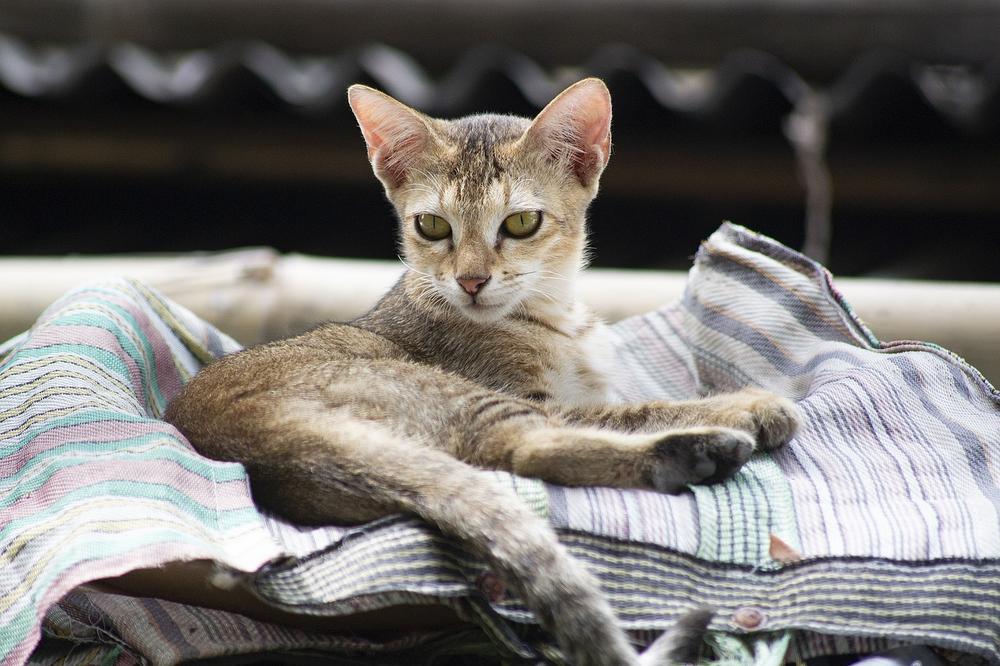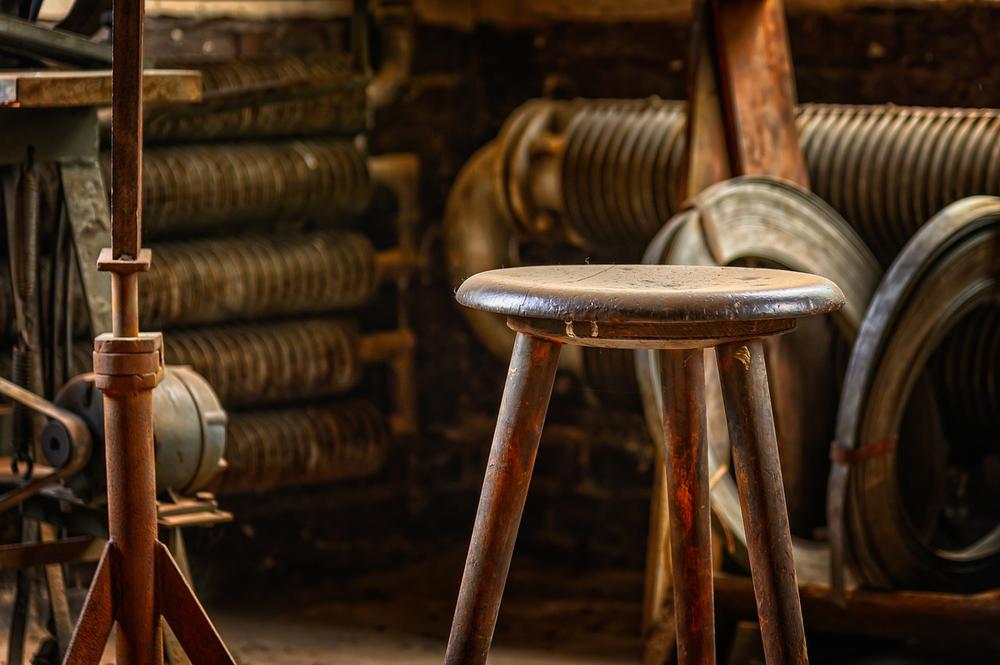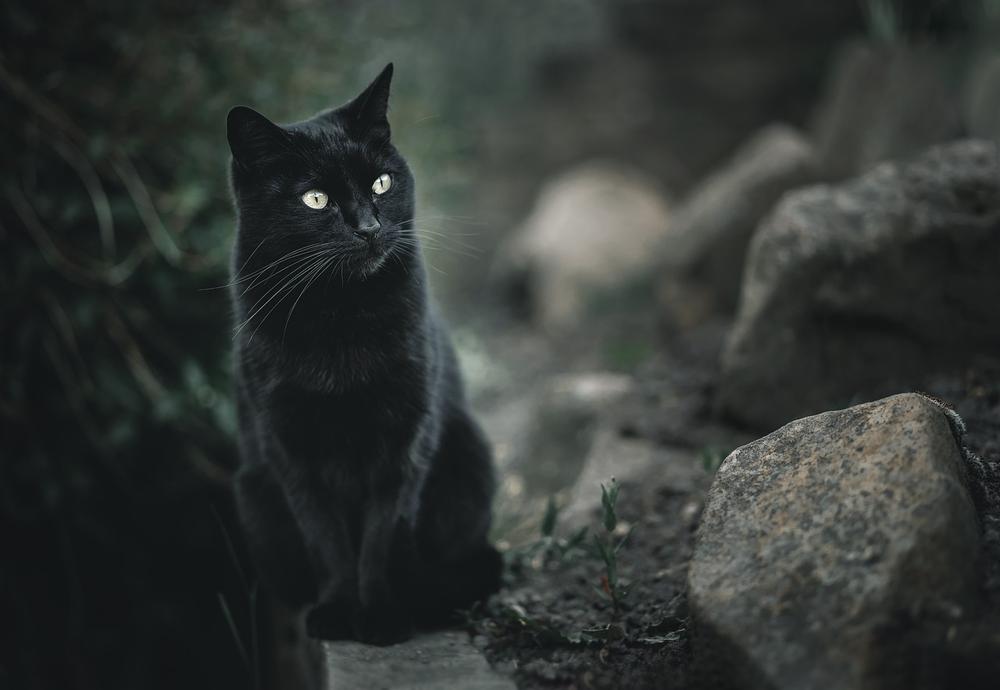Pregnant Cat Diarrhea: Causes & Effective Care

Are you freaking out about your pregnant cat's diarrhea?
Worried sick that something might be seriously wrong?
Hold up, my friend.
I hear you loud and clear.
Let's dive into this messy issue and find some peace of mind, shall we? 😊
Is It Normal for Pregnant Cats to Have Diarrhea?
Diarrhea in pregnant cats is common due to hormonal changes causing intestinal contractions. It can be pregnancy-related if accompanied by weight gain and increased appetite. Factors like stress, diet changes, and infections can also contribute. Chronic diarrhea requires veterinary attention, while managing stress and providing a balanced diet can help prevent it.
Is it common for pregnant cats to have diarrhea?
Absolutely, it's not uncommon at all.
The hormonal changes during pregnancy can cause contractions in the intestines, resulting in loose and watery stools. But don't worry just yet!
Now, here's how you can figure out if the diarrhea is related to pregnancy or something else.
Keep an eye on your cat's pregnancy symptoms and check the consistency of her poop.
This will give you some clues.
If diarrhea is accompanied by weight gain and increased appetite, then it's more likely pregnancy-related.
There are several factors that can contribute to diarrhea in pregnant cats.
Stress, pressure from growing kittens, diet changes, hormonal shifts, and infections - they can all wreak havoc on your cat's digestive system.

Interestingly, some believe that diarrhea before labor helps clear the intestines and reduces contamination during birth.
So, it might actually serve a purpose!
Acute diarrhea appears suddenly or lasts only a short while, whereas chronic diarrhea persists for two to three weeks or more.
If your cat's diarrhea falls into the chronic category, it's time to reach out to a veterinarian.
In the meantime, there are things you can do to manage and prevent diarrhea in pregnant cats.
Maintain a stress-free schedule, provide a well-balanced diet, minimize exposure to potential pathogens, and consider using probiotics.
These measures can help keep diarrhea under control.
Keep in mind that every cat is different, so if anything seems unusual, your vet should be your go-to person.
Stay vigilant and make sure your pregnant cat receives the tender loving care she deserves!
Main points I'll expand upon further down this article:
- Diarrhea in pregnant cats can be caused by various factors.
- Blood in the diarrhea requires immediate veterinary attention.
- Vomiting and diarrhea together are considered an emergency.
- Stool consistency can indicate the severity of diarrhea.
- Seek veterinary assistance for yellow, bloody, chronic, or mucus-coated diarrhea.
- Diagnostic tools are used to determine the cause of chronic diarrhea.
- Hygiene practices can help prevent infections that cause diarrhea in pregnant cats.
- Pre-labor signs include loose stools and nesting behavior.
- Changes in behavior may be observed during feline pre-labor signs.
- Seek veterinary attention for prolonged labor or distress during childbirth.
Now, here's the deal...
While some cases of diarrhea in pregnant cats may be normal, there are instances where it can indicate serious health issues.
Keep reading to find out what signs and symptoms require immediate veterinary attention...
Pregnant Cat Diarrhea With Blood
Pregnant cats with bloody diarrhea are no laughing matter, my friends.
It's a big red flag for some serious health issues that you should pay attention to.
Let me break it down for you:
- Pay Attention to Color: Dark red or black poop means there might be bleeding up high in the cat's gut, while bright red poop means there could be bleeding lower down.
- Call the Vet ASAP: If your kitty has really bad or never-ending diarrhea, don't waste any more time looking at funny cat pictures. Get on the phone and call your vet now.
- The Vet Might Need Poop: Your vet might want you to bring them some of your cat's poo so they can figure out what's going on. Yeah, I know, gross.
- Watch the Consistency: Liquidy poop is worse than just soft, well-formed stool. Keep an eye on how your fur baby does their business.
- Lots of Things Could Cause It: Infections, inflammation, problems with their metabolism, changes in their diet, blockages in their guts, even things like toxins—all these things could make your furry friend have diarrhea.
- Bloody Means Trouble: Bloody diarrhea means there might be some bleeding going on in either one part of their gut or another. No playing around, you need professional help on this.
- More Signs to Look Out For: Is your cat vomiting alongside all that diarrhea? Pooping yellow stuff? Have they been dealing with chronic, slimy, or never-ending diarrhea? Call your vet right away.
I hope this list helps keep you informed and your precious pet healthy.
Stay watchful! 🙂
I highly recommend checking out my informative guide, Pregnant Cat Vomiting.
If you're feeling concerned about your furry companion's health, accessing this resource will provide you with valuable information and possible solutions regarding why a pregnant cat may be experiencing vomiting.
Caring for a Pregnant Cat with Diarrhea: What it Means
Caring for a pregnant cat with diarrhea can be a challenging task.

Here are some tips to help you out:
- Consult a veterinarian for an accurate diagnosis if your cat is experiencing severe or prolonged diarrhea. They will conduct tests and provide the necessary treatment.
- Feed your cat a low-fiber diet or add fiber supplements to firm up their stool. This can help alleviate diarrhea symptoms.
- Consider giving your cat probiotics to promote healthy gut flora and improve digestion.
- A bland diet consisting of plain chicken or boiled rice may also help in reducing diarrhea episodes.
- It's important to ensure that your cat stays hydrated. Provide plenty of fresh water to prevent dehydration.
- Create a calm and stress-free environment. Minimize disruptions and provide a safe space for your cat to feel comfortable, as stress can trigger diarrhea.
- Regularly clean the litter box to maintain good hygiene and prevent infections that can lead to diarrhea.
- Avoid using over-the-counter anti-diarrheal medications without veterinary supervision. However, kaolin-pectin treatments under professional guidance may be beneficial.
By following these tips, you can provide the necessary care for your pregnant cat and help manage diarrhea effectively.
Note: If you're concerned about why your cat may have diarrhea after giving birth, you may find my Cat Has Diarrhea After Giving Birth blog post helpful. I advise you to check it out for more information on this topic.
But let's dive deeper into why a pregnant cat may have diarrhea and what those signs could indicate.
Pre-Labor Signs in Cats
Let me break it down for you, the pre-labor signs in cats:
- Your cat may seem restless, moving around the house more than usual.
- Look for your cat rearranging blankets or towels, creating a cozy birthing spot.
- As labor approaches, the cat's appetite might decrease.
- You might hear your cat meowing more frequently or loudly.
- Keep an eye out for any unusual fluid or discharge from their genital area.
- Some cats eat and drink more before giving birth.
- Don't worry if your cat occasionally throws up; it's normal before labor.
- Taking your cat's temperature regularly is important as it will drop when birth is near.
- Before giving birth, your cat's nipples will enlarge, and they may start producing milk.
These signs indicate that your cat is getting ready to go into labor.
Make sure to watch her closely and provide a calm and comfortable environment.
How to Prepare for a Cat Giving Birth
To create a comfortable environment for your cat's birth, set up a quiet and safe birthing box.
Connect with fellow cat lovers on social media for valuable support and advice as you prepare for the big day.

It is crucial that you closely monitor the birthing process.
If you notice prolonged labor, distress, or no kittens after the water breaks, seek immediate veterinary attention.
Be prepared by having essential supplies ready, such as clean towels, sterile scissors, dental floss or thread, a heating pad or warm water bottle, and milk replacement formula.
Once the birth is complete, remember that the mother cat will typically handle cleaning duties and feeding for her precious little ones.
And that wraps up today's article.
If you wish to read more of my useful articles, I recommend you check out some of these: Pregnant Cat Farting a Lot, My Cat Is Not Eating Force Feeding Your Cat, Do Pregnant Cats Sleep a Lot, Cat Giving Birth for the First Time, and Can a Nursing Cat Get Pregnant
Talk soon,
-Sarah Davis